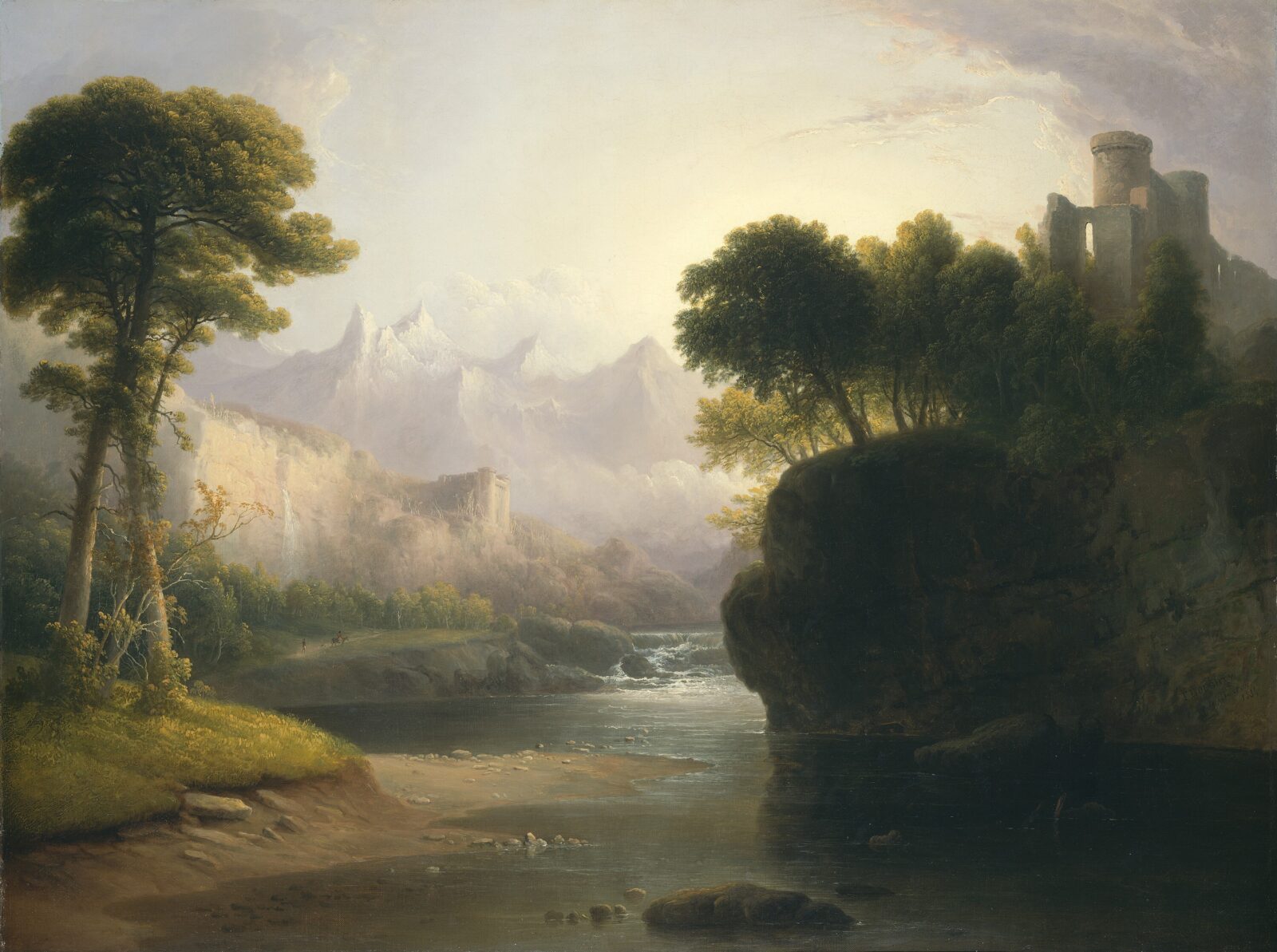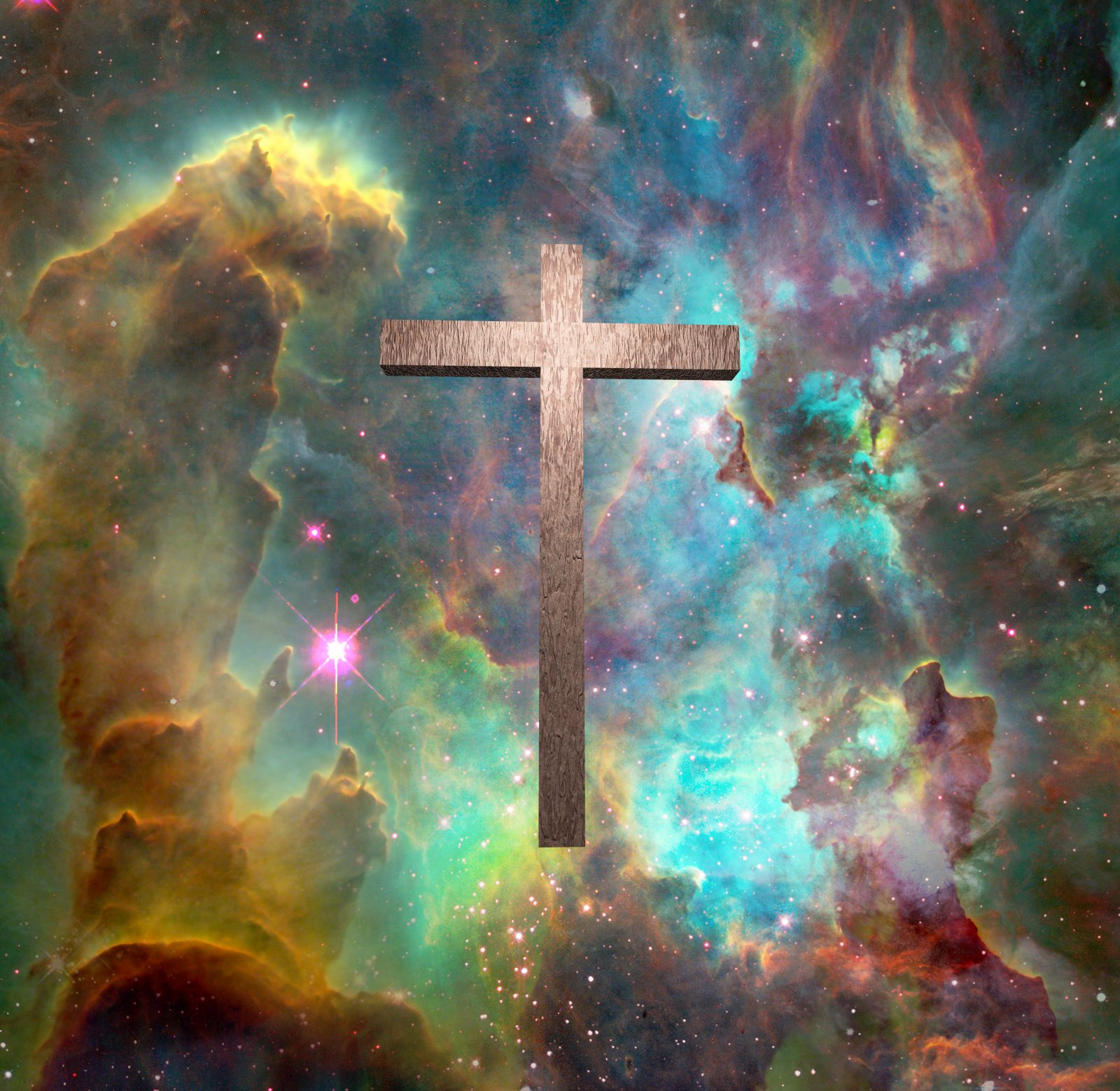


A Plea to Parents: Don’t “Butt Out” of Your Kids’ Education
On today’s ID the Future, host Robert Crowther sits down with writer Andrew McDiarmid to discuss his recent New York Post article, “Word to the Wise: Progressives Forget that Parents are in Charge of Kids’ Education.” The two discuss recent dustups in the news in which parents were told to butt out of the public education of their children. This is profoundly wrongheaded and for a variety of reasons, McDiarmid argues. McDiarmid, a Discovery Institute senior fellow, advocates for greater parental involvement, rather than less, and he and Crowther then apply the principle to the narrower question of how evolution is taught in the public high schools. In many districts evolutionary theory is taught as unquestionable dogma, with none of the theory’s weaknesses presented, and no attempt to encourage critical inquiry into the matter. Parents, students, and education leaders should never settle for this, McDiarmid says. He and Crowther wrap up their conversation by pointing listeners to several quality educational resources, many of them online, to help parents, students, and educators.

Casey Luskin Reviews Three Views on Christianity and Science
On today’s ID the Future, host Tom Gilson and guest Casey Luskin discuss a new book Luskin recently reviewed at Evolution News, Three Views on Christianity and Science. Luskin, associate director of Discovery Institute’s Center for Science and Culture, summarizes the three views covered in the book: the independence view presented by Michael Ruse, the dialogue view presented by Alister McGrath, and the constrained integration view presented by Bruce Gordon. Luskin critiques the first two and argues that the dialogue view, in practice, quickly devolves into a monologue where religion is supposed to sit down and shut up the moment there is a point of difference between religion and consensus science. He says this is doubly problematic because (a) scientists are fallible and the scientific consensus changes; it’s not an infallible guide; and (b) key founders of modern science were inspired by a genuine cross-fertilization between scientific and theological reflection as opposed to a faux dialogue where all the influence moves only in one direction, from scientific consensus to religion. Luskin further points out that theistic evolutionists, such as those involved with the BioLogos group, promote the dialogue view but tend to quickly cede ground when evolutionary materialists muscle their way into an area previously claimed by a religious explanation. Luskin gives the example of theistic evolutionist and BioLogos founder Francis Collins pointing to universal human morality as something best explained not but by blind evolution but by the idea of humans made in the image of God. Luskin adds that this explanation apparently even played a role in bringing Collins to belief in God. In contrast, evolutionary psychology insists on explaining human personality in purely materialistic evolutionary terms, and as it has expanded its influence in recent years, BioLogos has tended to steer away from this very argument that helped bring their founder to belief in God. A better approach, Luskin argues, is the third one in the book, the constrained integration view advocated by CSC senior fellow Bruce Gordon.

Paul Nelson on Methodological Naturalism and the Big New Theistic Evolution Anthology
On the episode of ID the Future, philosopher of biology Paul Nelson discusses his contribution to the major new volume Theistic Evolution: A Scientific, Philosophical, and Theological Critique, and in particular an essay that asks the question, should the study of evolution depend on methodological naturalism? Nelson explores how the rules of science have changed and can change again. And he argues that the rule of methodological naturalism artificially limits historical biology — its practice and its discoveries.

Questioning the Answer: Neo-Darwinism and the Scientific Method
On this episode of ID the Future, hear about the issues that arise when purported scientific truths turn out to, in fact, not be reproducible — skirting an important requirement of the scientific method. What are the implications for neo-Darwinian theory, science education, and scientific research itself? Listen in.
Read More ›
Interview with Dead Reckoning, Pt 1: Luskin answers the question, “What makes intelligent design scientific?”
On this episode of ID the Future, Dr. Brian Mattson of Dead Reckoning discusses intelligent design with Casey Luskin. Luskin answers the question, “Is intelligent design really science?” by analyzing the design argument for proteins, taking listeners through the observation, hypothesis, experiment and conclusion steps of the scientific method.
Read More ›